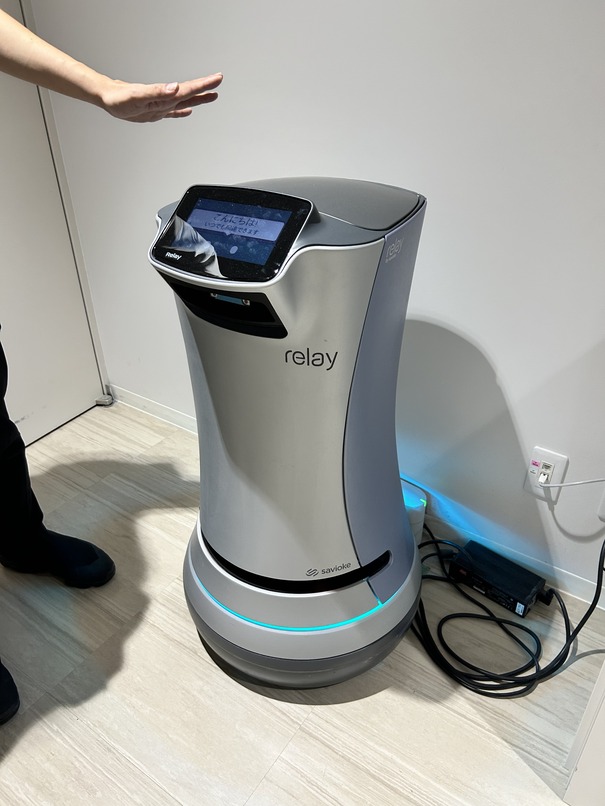June 20, 2024
Today was an amazingly unique day, and felt very exciting for me as a medical student. We toured Keio University Hospital, which is just one part of a larger Keio campus. Before our tour, we got an informative lecture from Dr. Arai on centenarians in Japan, and I even learned about super-centenarians and semi centenarians which I had never heard of. The structure of the presentation was fascinating, starting with the gender discrepancies - 88% of centenarians in Japan are women! He could not give a reason as to why. He also explained how the biology behind aging involved telomere length, and how they grow in centenarians while they shrink in the majority of the aging population. He also shared the statistics on drinking/smoking behaviors, and other biomarkers of centenarians. Sociologically, they always reported being happy and spending time with family and friends, which truly empathizes the importance of connection and how it impacts our health. On the flip side, centenarians often go through many deaths of loved ones as they outlive them. This is an important factor to consider when caring for that aging population. It was especially amazing to receive this lecture after meeting the 107 year old woman at the nursing home yesterday. I cannot help but think that she is surrounded by constant love and connection, and that is why she continues to be healthy and happy.
 Touring the hospital was also a unique experience - it was a well organized and clean looking environment. They showed us one of four upright CT machines they had (only 4 exist in the world, and all of them are in Japan). I was eager to learn about the use cases for a standing CT over a laying down one, or an MRI. We also got to see the pharmacy and the “Relay” robot that dispenses medications during overnight shifts as there are staff shortages. We also got to take turns riding the robot wheelchair that can take patients to one of six destinations on either the first or second floor. Japan has continued to win me over with their advancements in medical technology and care for their people.
Touring the hospital was also a unique experience - it was a well organized and clean looking environment. They showed us one of four upright CT machines they had (only 4 exist in the world, and all of them are in Japan). I was eager to learn about the use cases for a standing CT over a laying down one, or an MRI. We also got to see the pharmacy and the “Relay” robot that dispenses medications during overnight shifts as there are staff shortages. We also got to take turns riding the robot wheelchair that can take patients to one of six destinations on either the first or second floor. Japan has continued to win me over with their advancements in medical technology and care for their people.
Jennifer Mondle
Second Year Medical Student
UMSchool of Medicine